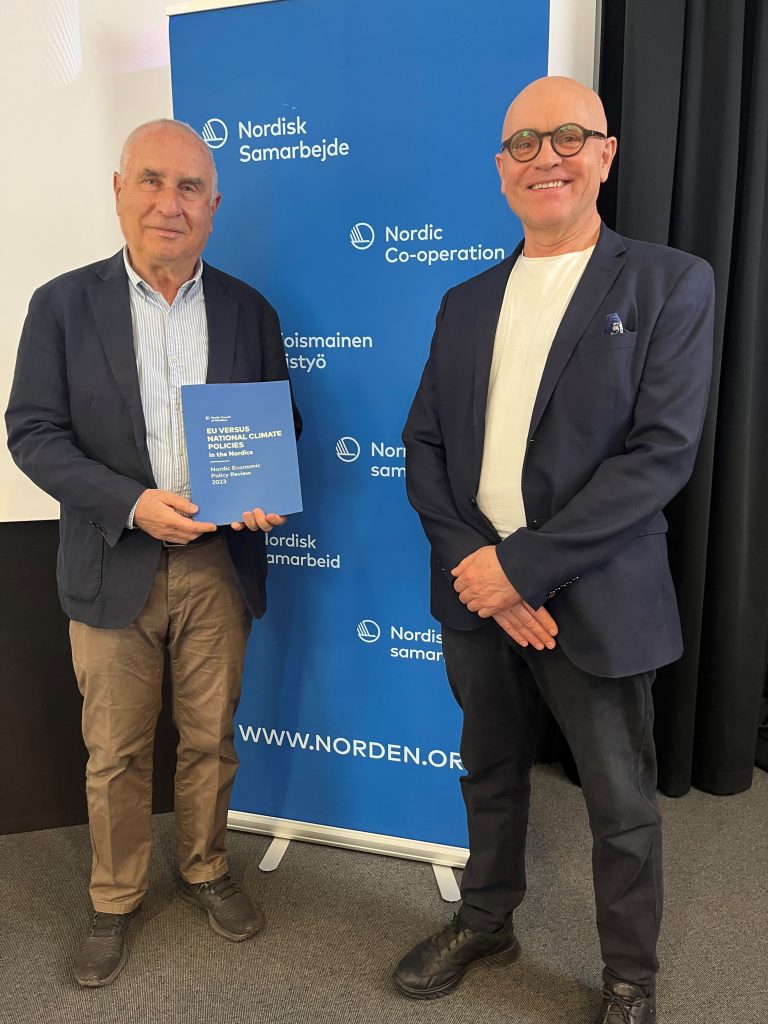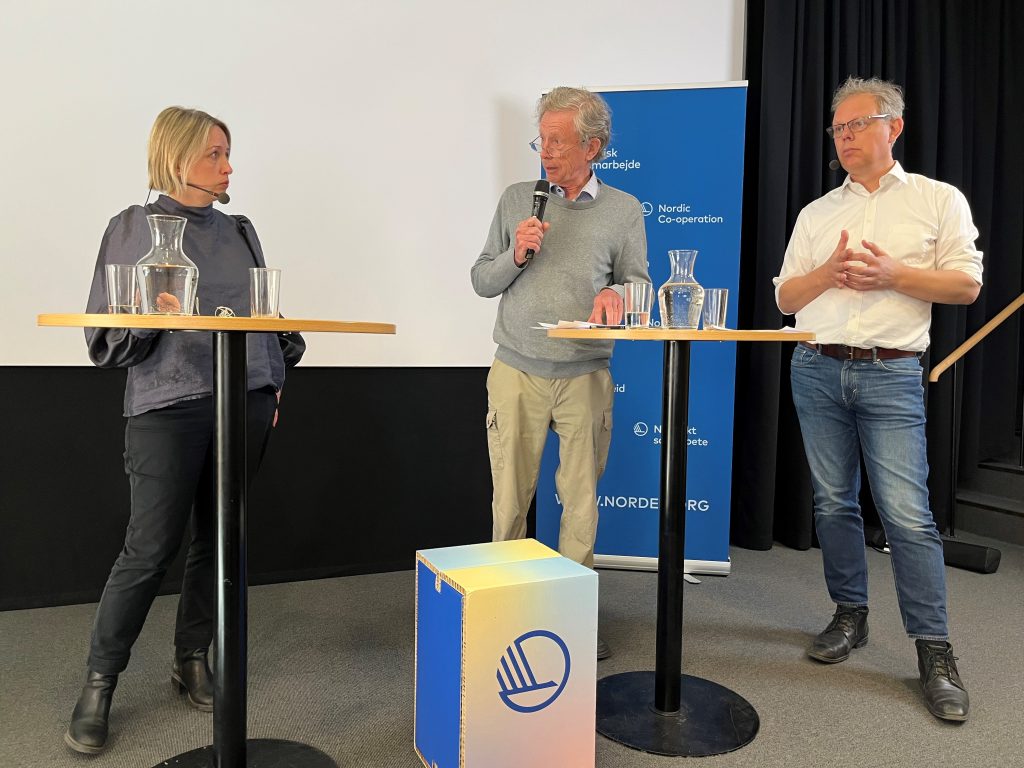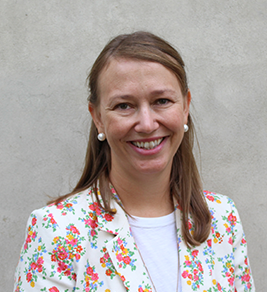“The Nordic Economic Policy Review is one of the most prominent publications in our part of the world and in this field,” said Niklas Wykman, Swedish Minister of Financial Markets at the launch of the 2023 edition of this flagship report.
The event, which took place on 8 May in Stockholm, brought together policymakers, experts, and academics to discuss the implications of EU versus national climate policies in the Nordic countries. In his opening remarks, Wykman highlighted the importance of dialogue and research in shaping effective climate policies.
“For policymakers, it is extremely important to have dialogues about and reports to read on timely issues like this one. This event is also a platform for academia, and policymakers and politicians to come together to have discussions and debate,” he said.


The report explores the effects of the EU’s ambitious Fit for 55 package on the region’s climate goals and economic policies. It examines the national climate targets and measures of Denmark, Finland, Norway, and Sweden, which have all set more ambitious abatement goals than the EU. The authors address key questions such as the consistency and efficiency of these national targets with the Fit for 55 package.
Svante Mandell, a report author from the Swedish National Institute of Economic Research, emphasised the need for a reevaluation of Swedish national targets. He argued that by increasing trade in emission allowances with other EU member states, Sweden could achieve significant cost reductions without compromising the climate goals. Mandell stated, “Sweden has long been striving to act as a forerunner in climate policy, but now the EU is catching up.”
During the discussion, Jytte Guteland, a Member of the Swedish Parliament, highlighted the importance of implementing the policies outlined in the Fit for 55 package, rather than debating its validity. Guteland said, “That train has already passed. Now it is about how we do this. What tools should we use to achieve what is in the Fit for 55 package?”
Per Kågeson, a retired professor, pointed out the gap between the ambitious national goals set by the Scandinavian countries and their actual achievements. He mentioned that the countries have been forerunners in the sense that they have helped the commercialization of new green technology, but underlined that there is now a gap between goals and tools.

There was also a presentation by author Michael Hoel from the Department of Economics at the University of Oslo. He highlighted that scaling up new green industries in Norway should be based on sound economic principles.
The presentations and panel discussion provided a platform for fruitful discussions and valuable insights into the challenges and opportunities associated with the competing climate policy timelines in the EU and Nordic region.
“It is important that the Nordic countries exchange scientific knowledge, especially regarding the socio-economic aspects of climate policy. This report can help decision-makers find ways to best achieve the goals set by Fit for 55 by 2030,” said Harry Flam, professor emeritus of international economics at Stockholm University, who, together with John Hassler, has been the editor of the report.
About NEPR
The Nordic Economic Policy Review is an annual publication produced by Nordregio, commissioned by the Nordic Council of Ministers. The report aims to provide access to the latest economic research on priority policy areas and promote scientific knowledge exchange and dialogue among the Nordic countries. The report series has been instrumental in shaping informed decision-making by policymakers in various fields, including housing markets, welfare models, income disparities, and labor market integration. The review is funded by the Nordic Council of Ministers through the Nordic Committee of Senior Officials for Financial and Economic Affairs (EK-FINANS).


